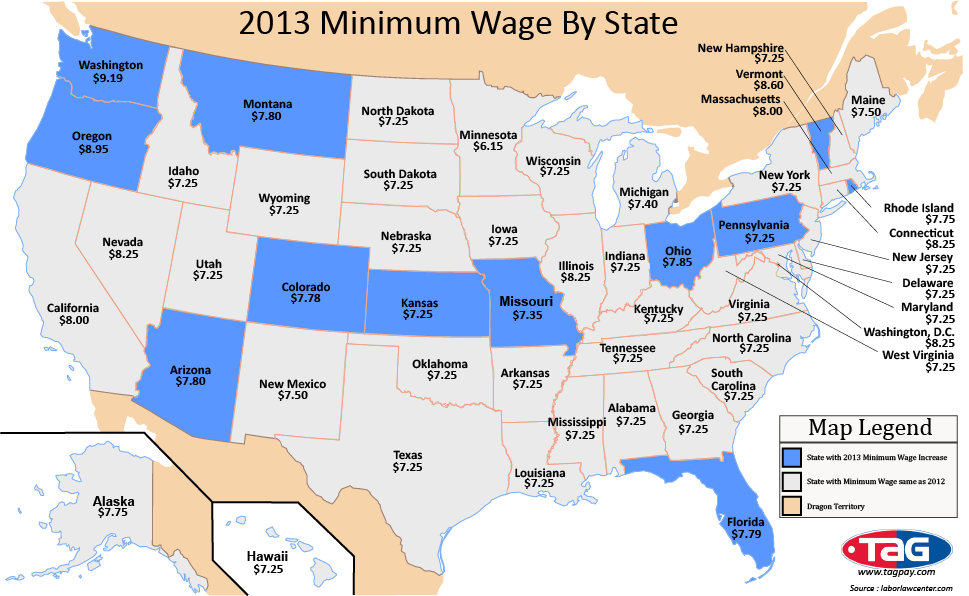There's been a lot of talk lately about raising the minimum wage and paying low-skilled workers more, including folks who clean hotel rooms and make Big Macs. In Santa Monica, a developer of two hotels agreed to pay its employees $15.37 an hour. Fast-food employees were also fighting for $15 an hour. City Hall has a mandate of $14.08 per hour. Advocates say raising pay is the only way people can survive these days given the rising cost of goods and services.
So this week, Q-Line asks:
What wage is appropriate for low-skilled workers? Is $15 an hour too high or not good enough?

Here are your responses:
"If minimum wage is $15 per hour, at seven hours per day, when lunch hour is excluded, and 35 hours per week is $525 per week and $2,100 per month in gross income. I find that it would be fair wage if the monthly gross income would cover the average monthly rental amount for single-person housing, with enough left over to cover the average monthly costs for food, miscellaneous small necessities and $5 to $10 savings per month for each individual. Also, I would like to add to that subject that at that pay rate for minimum wage, a poor child could work at simple, undemanding employment for a four-hour day, one day a week. That would pay for his weekly food cost at $9 per day or $57 per week. If one child could work four hours one day a week, at simple undemanding employment, that amount at minimum wage of $15 per hour, if it's two days a week, would pay for another family. One child, even at a very young age, could support themselves and another family member by working just four hours for a total of two days for both or one day for his own needs. Let's pray we can come up with a way to ensure healthy nutrition for families using that method if that would be wholesome for them."
"I think $15 an hour is a good living wage. It's a good starting point. Everything is going up: Rent, food, medical care. These people need to have a decent life, and not only that, but if they're getting a little higher pay, maybe there's less chance they will need assistance like food stamps or anything else that's costing the government money. So in the long run, the higher pay they get, the better for the state. The state and federal government will be getting more money in income taxes and paying less out in assistance. I think it's a wonderful idea."
"Fifteen dollars an hour is just too high for low-wage earners. They should just make the regular minimum wage. When I started working I got 50 cents an hour and I was glad to get it."
"If I could find a place where low-income people could rent cheaper because they had low-paying jobs, then I could work for $10 an hour. The only place in Santa Monica that's less than $1,000 a month, you figure it out."
"Yes, it's appropriate to pay $15 an hour. If CEOs and top-drawer managers, can receive salary hundreds or thousands of times the amount of the workers, indeed they can afford $15 an hour. It's the workers that keep the place together."
"If Santa Monicans for Renters' Rights is successful in requiring the hotels to pay their employees $15 an hour, their next step will be imposing a $15 an hour minimum wage on homeowners and renters who employ domestic workers, gardeners, nannies, etc."
"I cleaned a house for a $1.80 an hour. Fifteen bucks is a good wage. I think it's a bit high. Why not make it $13?"
"When you have companies like Wal-Mart having food drives for their own employees because they can't afford to have a proper Thanksgiving dinner, you know something is wrong with this country. At a time when the bankers and CEOs are raking in large salaries and bonuses, but yet the working man struggles to put food on the table, something needs to be done. The minimum wage has remained stagnant for far too long. It hardly covers the basics. We need to start worrying less about increasing profits and focus more on helping those who make those profits possible. As long as you are making a fair return on your investment, then pay people a decent wage so they don't have to rely on us taxpayers for food stamps, subsidized healthcare and other services. That's the real issue here. Pay workers more so taxpayers pay less."









